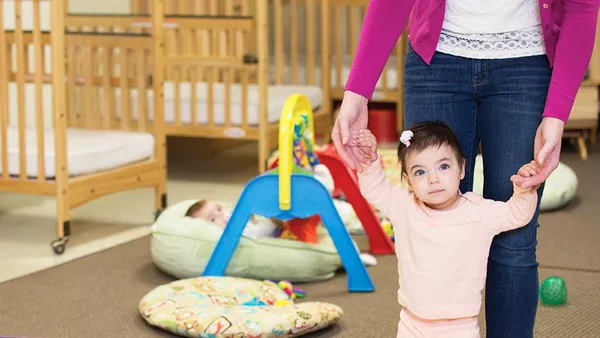In the ever-evolving landscape of education, the role of social studies in early childhood education cannot be overstated. Social studies, often overlooked in favor of other subjects, plays a pivotal role in shaping young minds and preparing them for the complex world ahead. In this article, we will delve into why social studies is vital in early childhood education, exploring its various benefits, curriculum components, and the lasting impact it has on young learners.
1. Importance of Social Studies in Early Childhood Education
At its core, social studies is a multidisciplinary field that encompasses history, geography, culture, economics, and more. By introducing these concepts at an early age, children begin to develop a holistic understanding of the world around them. This foundational knowledge sets the stage for a lifelong journey of exploration and learning.
2. Early Childhood Education Benefits
Early childhood education is a crucial phase in a child’s development. During this period, their cognitive, emotional, and social skills undergo significant growth. Integrating social studies into the curriculum enhances these developmental aspects in several ways.
2.1 Fostering Interactive Learning
Social studies classes provide an interactive and engaging learning environment. Children learn about various cultures, traditions, and historical events through stories, games, and hands-on activities. This interactive approach not only makes learning fun but also aids in retention and comprehension.
2.2 Encouraging Critical Thinking
Social studies challenges young minds to think critically. When exploring historical events or global issues, children are encouraged to ask questions, analyze information, and form their own opinions. This fosters the development of critical thinking skills, which are invaluable throughout life.
2.3 Promoting Cultural Awareness
In today’s interconnected world, cultural awareness is essential. Social studies exposes children to different cultures, helping them develop empathy and respect for diversity. This early exposure lays the foundation for open-mindedness and global citizenship.
3. Social Studies Curriculum
To fully harness the benefits of social studies in early childhood education, a well-structured curriculum is essential. Here are some key components:
3.1 Age-Appropriate Content
Curriculum designers must select age-appropriate content that engages young learners. This includes simplified historical events, geography lessons focused on local landmarks, and stories that resonate with children’s experiences.
3.2 Integration with Other Subjects
Social studies can be seamlessly integrated with other subjects, such as language arts and science. For instance, reading historical fiction books not only enhances literacy skills but also introduces historical contexts.
3.3 Hands-On Activities
To make learning more tangible, hands-on activities like map-making, cultural celebrations, and archaeological digs can be incorporated into the curriculum. These activities allow children to actively participate in their learning.
3.4 Technology Integration
Incorporating technology, such as interactive maps and virtual tours, can make social studies lessons more engaging and relevant to the digital age.
4. Long-Lasting Impact
The benefits of early exposure to social studies extend far beyond the classroom. Children who have a strong foundation in social studies are better equipped to understand the complexities of the world, make informed decisions, and become active, responsible citizens.
In a study conducted by the National Council for the Social Studies, it was found that students who received early and consistent social studies education exhibited higher levels of civic engagement and a deeper understanding of global issues throughout their lives.
Furthermore, according to the American Psychological Association, integrating social studies into early childhood education helps reduce stereotypes and prejudice, fostering a more inclusive society.
In conclusion, social studies is a cornerstone of early childhood education that should not be underestimated. Its ability to engage young minds, promote critical thinking, and instill cultural awareness makes it an invaluable subject. A well-structured curriculum that integrates social studies with other subjects and utilizes technology can have a profound and lasting impact on children, shaping them into informed, compassionate, and responsible individuals ready to navigate the complexities of our interconnected world. By recognizing the importance of social studies in early childhood education, we empower the next generation to build a brighter future for all.



